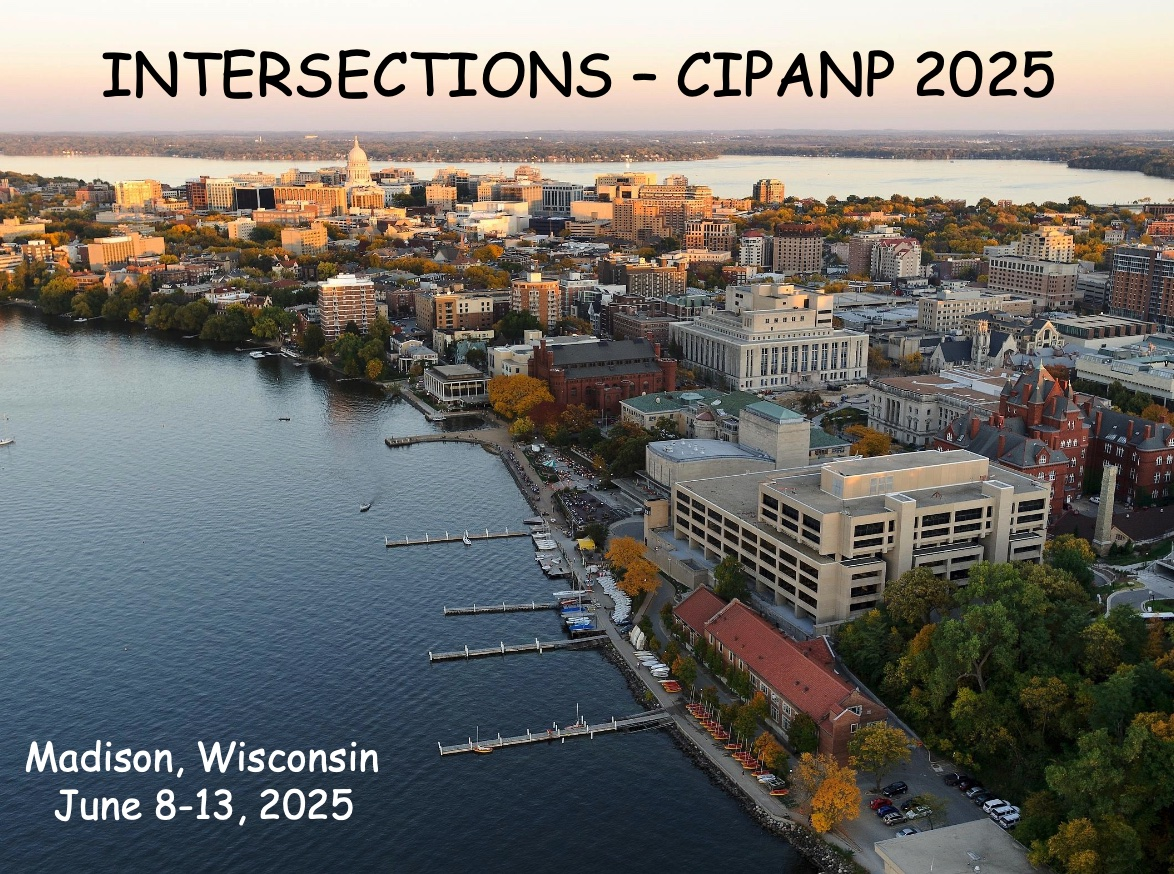Speaker
Description
Directionally sensitive detectors present a unique opportunity to probe models of Dark matter lighter than a proton, a regime largely inaccessible to current experimental techniques. Recently, molecular crystals have emerged as particularly well-suited anisotropic detector materials. This talk will review the importance of directionality and the search for daily modulating signals in the hunt for sub-GeV dark matter. I will discuss how insights from chemistry and material science can guide the discovery of anisotropic molecular materials that are sensitive to the best-motivated models of sub-GeV dark matter. Additionally, I will present the status of efforts to deploy molecular scintillator-based direct detection experiments. Finally, I will show that machine learning can be used to explore the vast and intractable space of potential materials, optimizing for electronic properties that are most relevant in the context of dark matter detection.

